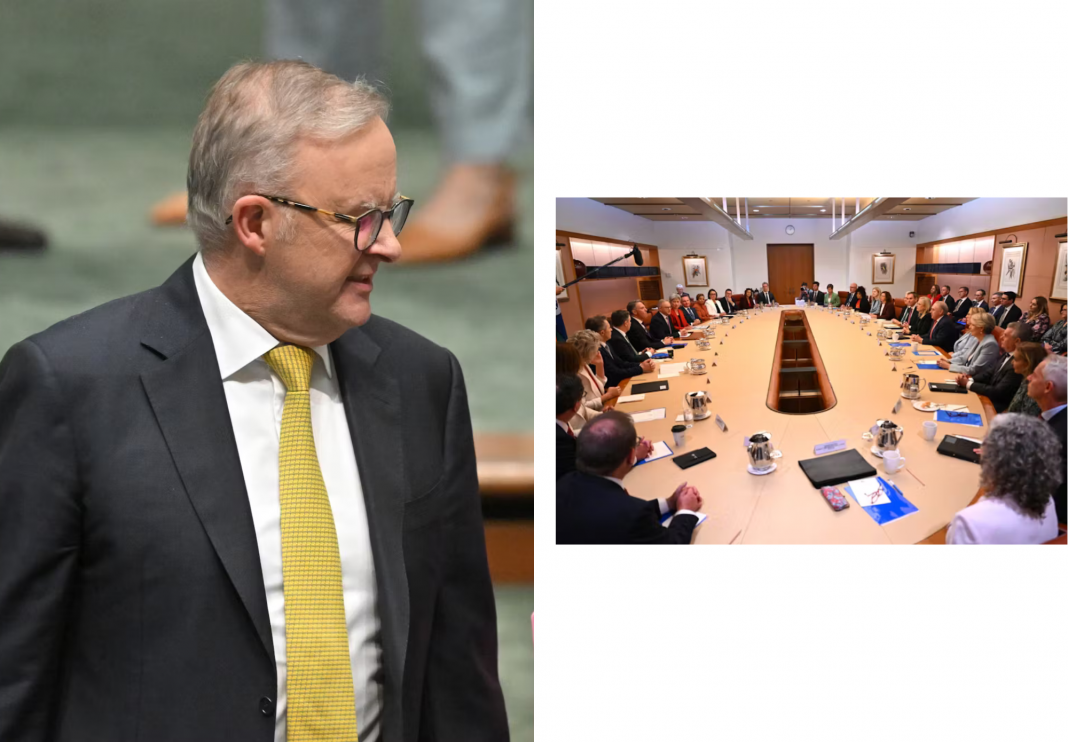In a move framed as an overdue modernization, the government has proposed a series of significant changes to its Freedom of Information (FOI) laws. On the surface, the reforms appear to be a sensible attempt to streamline a process that has become bogged down by digital complexities and an increasing volume of requests. However, a closer look reveals a troubling reality. Instead of strengthening the bedrock of public accountability, the proposed changes risk weakening it, making it more difficult and more expensive for citizens, journalists, and researchers to access vital government information. This is a story of a government using the guise of administrative efficiency to subtly consolidate its own power, threatening the very principle of transparency that is essential for a healthy and functioning democracy.
The Foundation of Democracy: Why FOI Laws Matter
Freedom of Information laws are one of the most powerful tools a citizen has in a democracy. They are the legal mechanism that allows the public to hold its government accountable, to shed light on its inner workings, and to ensure that public officials are acting in the public interest. These laws empower journalists to expose corruption, researchers to study policy outcomes, and ordinary citizens to understand the decisions that affect their daily lives. They are the bedrock of a healthy and functioning society, a critical check on the power of the state.
The history of FOI laws is a testament to their importance. In many countries, they were the result of a long and difficult struggle to secure a citizen’s right to know. They were designed to counteract the secrecy that often surrounds government and to ensure that power is not exercised behind closed doors. They are a powerful symbol of the idea that in a democracy, the government works for the people, and the people have a right to know what their government is doing.
The Proposed Changes: A Modernization or a Retraction?
The government’s proposed changes are being framed as a necessary step to bring the FOI system into the digital age. They argue that the current laws are outdated and that the volume and complexity of digital data have made the process untenable. While this is a valid point, the specific changes being proposed have raised serious concerns. For instance, some proposals would allow government agencies to charge higher fees for requests deemed “complex” or “burdensome.” Others would broaden the exemptions that allow agencies to withhold information.
Critics argue that these changes would have the opposite effect of true reform. Instead of making information more accessible, they would make it more difficult and more expensive for the public to obtain. This could create a system where only wealthy individuals or large organizations can afford to access government information, leaving the average citizen and independent journalist in the dark. It is a subtle but powerful way of limiting public accountability, a way of ensuring that the government’s work remains a secret.
The Threat to Journalists and Whistleblowers
The proposed changes pose a direct and serious threat to journalists and whistleblowers. For investigative journalists, FOI laws are an essential tool for uncovering corruption and holding power to account. By making it more difficult and more expensive to access information, the government is effectively silencing a key source of public accountability. This could lead to a decline in investigative journalism and a more complacent media, a situation that would be a disservice to the public.

Furthermore, these changes could have a chilling effect on potential whistleblowers. Whistleblowers often rely on FOI requests to corroborate their claims and to ensure that their information is accurate. If they fear that their requests will be denied or that they will be hit with exorbitant fees, they may be less likely to come forward. This would create a system where the government is more insulated from scrutiny, a situation that would be a profound threat to the health of our democracy.
The Path Forward: True Reform, Not Retraction
The current FOI laws are not perfect, and they do need to be updated for the digital age. But this must be done in a way that strengthens, not weakens, public accountability. The path forward will require a more transparent and collaborative reform process, one that involves citizens, journalists, and legal experts. The goal should not be to limit access to information, but to make it more efficient and accessible for everyone.
The government must be open to new ideas and new technologies that can help streamline the FOI process without compromising the public’s right to know. They must also be willing to invest in the resources needed to handle the volume of digital data. This is not just a policy debate; it is a fundamental one about the kind of society we want to live in. Do we want a society where the government is accountable to the people, or do we want one where it operates in the shadows? The answer is clear, and it is a battle that must be fought.



